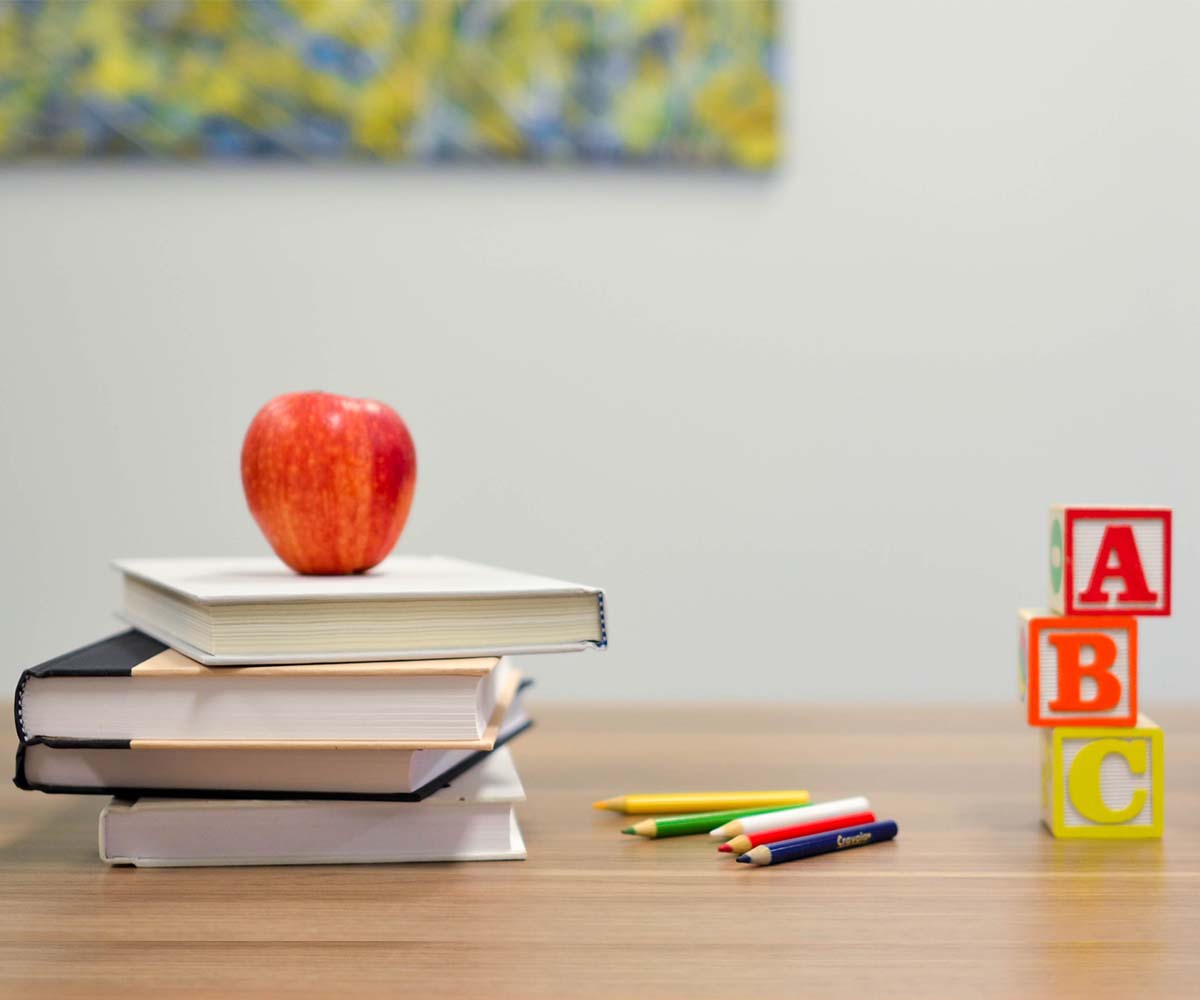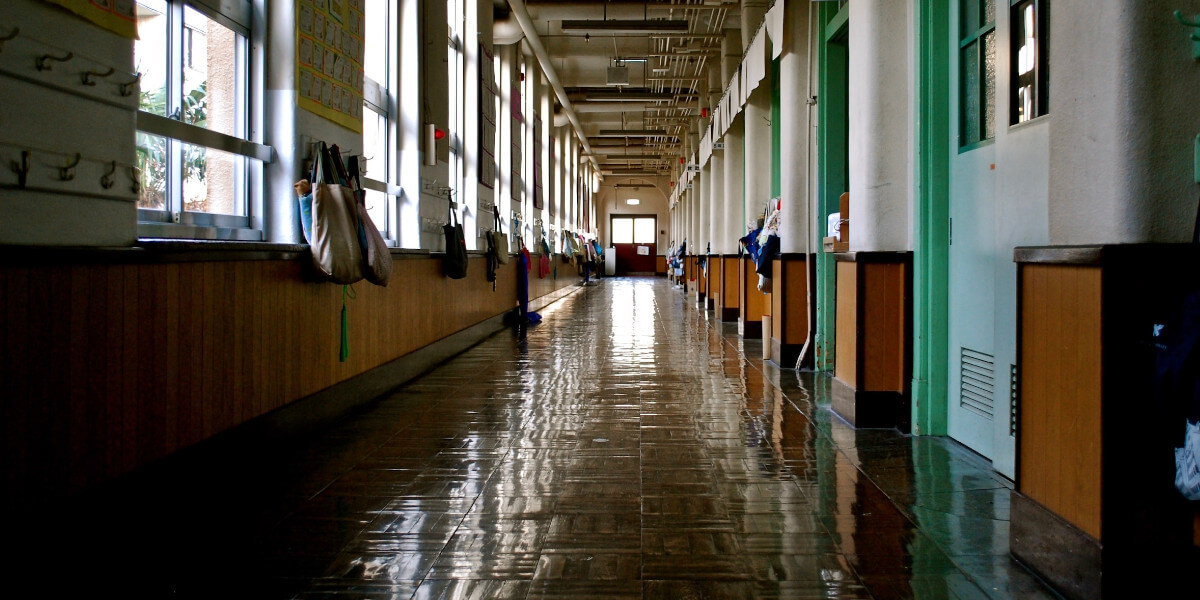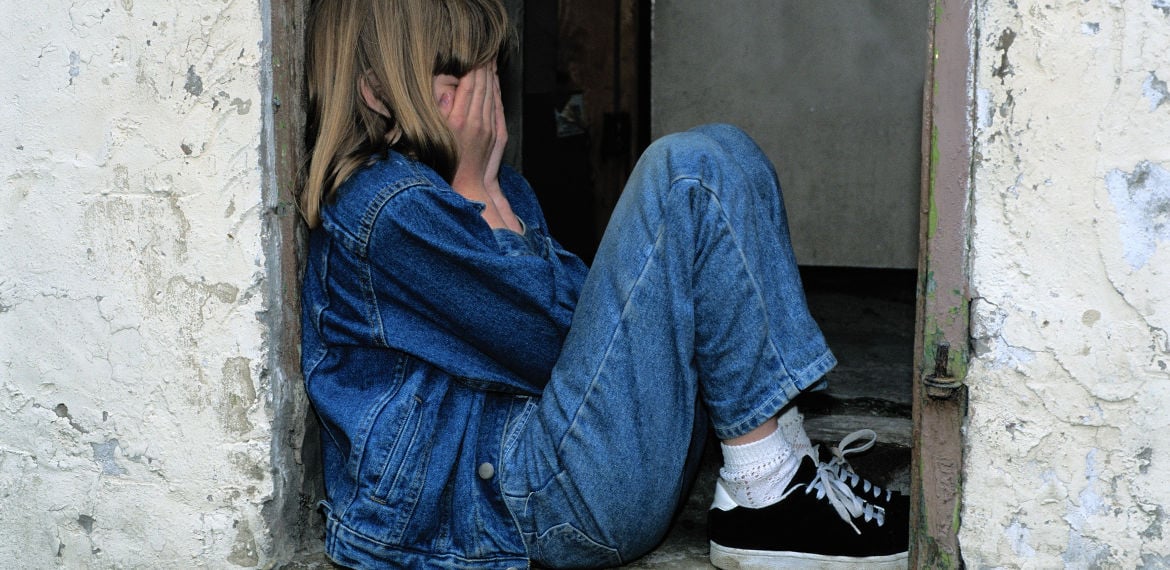
How to Balance Screen Time Between Learning and Leisure (Digital Detox Guide)
Is your child glued to their screen 24/7? You’re not alone. With virtual learning and social media dominating students’ lives, it’s harder than ever to strike a balance between online engagement and real-world connections. But don’t worry—small, intentional changes can create big shifts in mental health and academic success.
rising anxiety
While technology is a powerful educational tool, excessive screen time can negatively impact students’ mental and physical health. According to the American Academy of Pediatrics (AAP), children and teens spend an average of 7+ hours per day on screens—far beyond the recommended limit of 2 hours.
Research has shown that prolonged screen use is associated with a significant rise in anxiety, depression, and sleep disturbances among children and teens. This extended exposure to screens can lead to heightened stress levels, as the constant influx of information and notifications can overwhelm young minds.
The blue light emitted by screens can interfere with the natural sleep cycle, making it difficult for students to fall asleep and stay asleep, which in turn affects their mood, school performance, and overall mental health.
Additionally, the pressure to maintain a digital presence and respond promptly to messages can exacerbate feelings of anxiety and contribute to depressive symptoms, creating a cycle that is challenging to break without intentional intervention. In fact, among adolescents surveyed by the AAP, nearly 3 out of 4 teens report feeling the need to immediately respond to texts and notifications, increasing their stress levels.
digital overload
As a therapist, I’ve seen firsthand how digital overload affects not only students but entire families. Parents often struggle to create boundaries without feeling like the “bad guy.” But by understanding the science behind screen time and adopting practical strategies, you can help your child thrive both online and offline.
A study by Common Sense Media found that students who took regular digital breaks performed better academically and reported higher emotional well-being. (See their recommendations for screen time here!)
Digital overload isn’t just about too much screen time—it impacts students’ focus, mood, and relationships. Here’s how:
- Symptoms of Digital Burnout include difficulty concentrating, increased irritability, headaches, and disrupted sleep patterns.
- Constant multitasking between devices can lower test scores and decrease retention of material.
- Strained relationships can occur when children withdraw from family activities or social interactions, leading to isolation and communication breakdowns at home.
intentional choices
- Model some healthy digital habits you want to see! Kids are more likely to follow through if they see you practicing what you preach.
- Establish “tech-free” zones and times in your home—like during meals or the hour before bedtime. This creates healthier boundaries, improves sleep quality, and encourages face-to-face connections with family and friends.
- Gradually introduce digital detox days or weekends, encouraging alternative activities like outdoor play, hobbies, or journaling.
Still struggling? Consider family therapy sessions if screen use is causing ongoing tension at home, or find a therapist who can work with your child to develop mindfulness practices that help them become more aware of their screen use -- and its potential emotional impact. Cognitive-behavioral techniques can also reframe their relationship with technology, turning it into a tool rather than a distraction.
Find a Lifeologie therapist near you who specializes in helping teens navigate social media and self-esteem.

About Lifeologie
Lifeologie Counseling was founded in 2000 with one goal in mind — to bring a fresh, innovative approach to the everyday problems of life. Creative solutions to stuck problems®. With our unique multi-specialty, collaborative approach, Lifeologie Counseling helps individuals and families heal their wounds and break out of old, unhealthy patterns.




